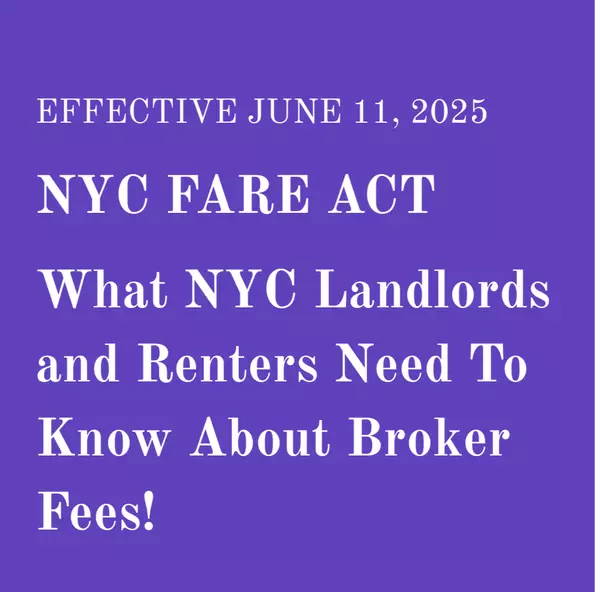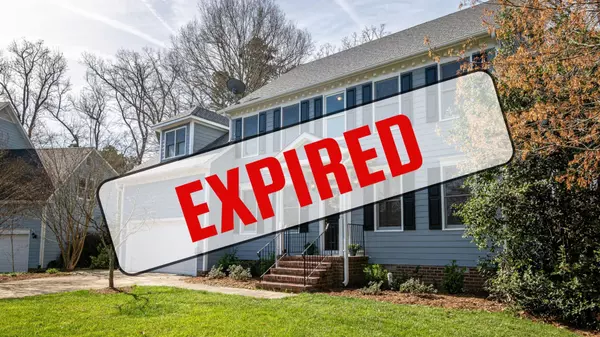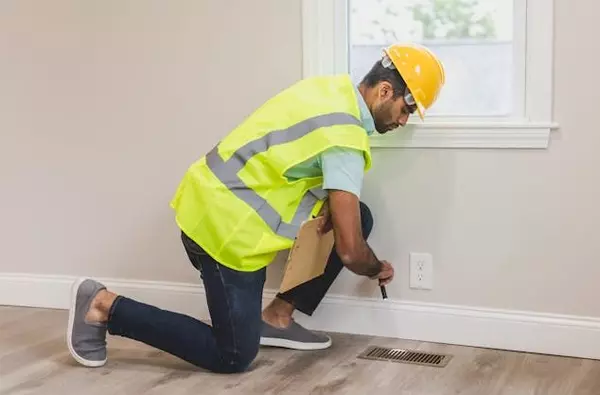WHAT HOME INSPECTORS WON’T TELL YOU

THE HIDDEN TRUTHS YOU SHOULD KNOW
When buying a home, a professional inspection is essential for uncovering issues that could affect your investment and peace of mind. However, while home inspectors are a valuable part of the home-buying process, there are some things they might not openly share. Here’s a look at what home inspectors typically won’t tell you—and what you should know before booking one.
THEY DON’T CATCH EVERYTHING
Even the most thorough home inspectors can miss things. Inspections are usually visual, which means they only assess what can be seen without dismantling parts of the home. Hidden problems behind walls, under floors, or in inaccessible areas like chimneys may remain undetected.
The Takeaway: Don’t rely solely on the inspector’s report. Ask specific questions about potential problem areas, and consider additional specialized inspections for issues like mold, pests, or sewer lines.
THEY AREN’T CODE ENFORCERS
Home inspectors aren’t responsible for ensuring that a property meets current building codes. Their job is to evaluate the safety and functionality of the home, not to certify compliance with local regulations.
The Takeaway: If you’re concerned about whether the property meets current codes, consult with a contractor or a professional familiar with local building standards.
THEY WON’T TELL YOU IF YOU’RE OVERPAYING
Inspectors provide detailed reports on the home’s condition but won’t advise on whether the asking price reflects the property’s value. Market assessments and pricing advice are outside the scope of an inspection.
The Takeaway: Work with a trusted real estate agent who can help you determine if the price is fair, based on the inspection report and market conditions.
MINOR ISSUES CAN BE OVEREMPHASIZED
While home inspectors are thorough, some might list every minor detail to cover all bases. This can make the report look more alarming than necessary, especially for first-time buyers who may not know which issues are common or easily fixable.
The Takeaway: Review the report with your real estate agent to distinguish between significant concerns and manageable repairs. You don’t want to walk away from a great home over minor, fixable problems.
THEY DON’T DECIDE WHAT YOU SHOULD DO
Home inspectors highlight issues but won’t tell you whether to buy the home or walk away. The decision is ultimately yours, and it’s up to you to weigh the pros and cons based on the findings.
The Takeaway: Use the inspection as a tool to make an informed decision. Consult with your agent and any other experts needed to understand the implications of significant issues.
THEY MIGHT AVOID LIABILITY TALK
Home inspectors typically don’t emphasize their limitations in their marketing. Yet, they are aware that the inspection is not foolproof, and most have liability disclaimers in their contracts to protect themselves from legal action if they miss something significant.
The Takeaway: Read the contract carefully and know that even with a great inspector, issues can surface later. Consider buying a home warranty or setting aside funds for unexpected repairs.
THEIR EXPERTISE VARIES
Not all inspectors are created equal. Experience and certifications can greatly impact the quality of your inspection. Some inspectors may have backgrounds in construction, while others might have less comprehensive knowledge.
The Takeaway: Do your homework. Look for inspectors who are certified by reputable organizations like the American Society of Home Inspectors (ASHI) or the International Association of Certified Home Inspectors (InterNACHI). Don’t be afraid to ask about their experience and background before hiring them.
THEY WON’T TELL YOU HOW TO FIX IT
Home inspectors point out problems but typically don’t give detailed advice on how to fix them or the cost involved. Their job is to flag issues, not provide solutions.
The Takeaway: After getting your inspection report, consult contractors or specialists to get an idea of the scope and cost of repairs.
INSPECTIONS ARE LIMITED BY TIME
Most inspections last two to four hours, which can be insufficient for large or complex properties. While they aim to be comprehensive, there may be parts of the home that don’t receive as much scrutiny due to time constraints.
The Takeaway: If you’re buying a large or older home, ask for a longer or more in-depth inspection, or consider specialized inspections for areas of concern.
THEIR SCOPE IS OFTEN LIMITED TO VISUALS
An inspector won't move furniture, lift carpets, or check behind drywall. If a problem is hidden behind the surface, they won’t catch it.
The Takeaway: Be prepared for surprises down the line, especially with older homes. Consider having specialized checks for plumbing, electrical, or structural issues that aren’t part of a typical inspection.
BE PROACTIVE AND INFORMED, AND APPRECIATE YOUR INSPECTOR'S EXPERTISE
Home inspections are an invaluable part of the home-buying process. While they have their limitations, the expertise and value inspectors bring are essential. A skilled inspector helps uncover hidden issues, provides peace of mind, and equips you to make informed decisions, much like a trusted mechanic inspecting a car before purchase. Their attention to detail can prevent future headaches and empower you as a homeowner.
While no inspection is perfect, having a professional on your side is one of the smartest moves you can make. With the right inspector, you'll gain crucial insights that help you confidently step into homeownership.
Ready to make a confident move into homeownership? Let’s connect and make sure you’re fully prepared.
Categories
Recent Posts











Broker Associate | License ID: 10301222852
+1(718) 344-2153 | bellakahlonrealtor@gmail.com